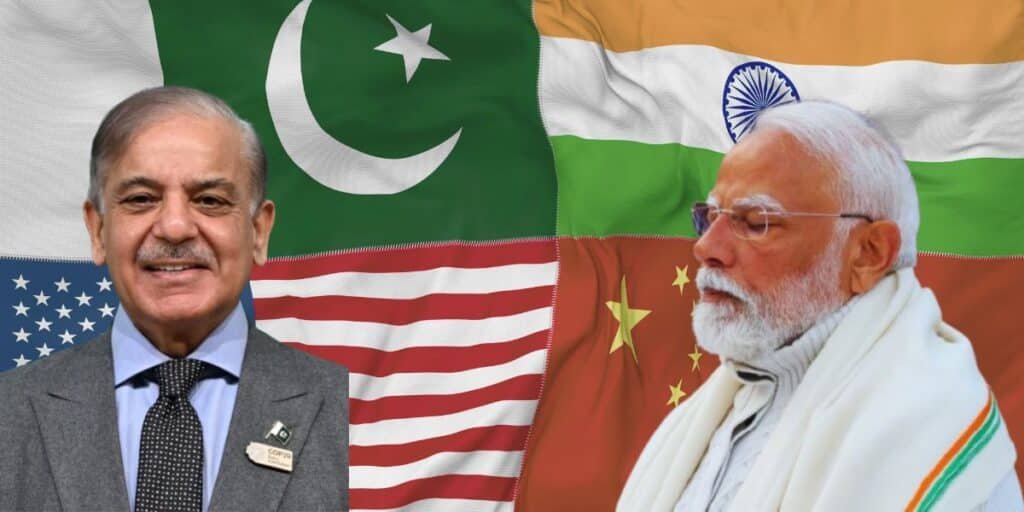Webdesk: US President Donald Trump’s recent lunch with Field Marshal Asim Munir has upset India, prompting it to lodge a private protest with Washington. According to officials, analysts and media reports, India sees this outreach as a possible threat to its relationship with the US, especially as it adjusts its China strategy to balance regional dynamics.
This meeting at the White House has added new tension to US-India ties, which have otherwise remained strong over the past two decades. These growing concerns come as Trump’s administration also considers imposing trade tariffs on India, one of its main Indo-Pacific partners.
Indian officials, who spoke to Reuters, said the US was sending the wrong message by welcoming Munir, whom they accuse of backing cross-border terrorism. New Delhi holds Pakistan’s military responsible for supporting militant activities across the border, a claim Pakistan strongly denies.
Islamabad maintains that India has failed to provide credible proof of such involvement.
Michael Kugelman, a US-based expert, said current tensions go beyond the usual ups and downs. He noted that America’s increasing engagement with Pakistan without addressing Indian sensitivities, especially after the recent India-Pakistan conflict, has led to unease in New Delhi. He added that Trump’s unpredictable nature, especially around trade policies, has only made things worse.
Neither Prime Minister Modi’s office nor India’s foreign ministry responded to queries. A US official, speaking generally, said the United States maintains strong ties with both nations and does not compare its bilateral relationships.
The lunch was seen as a major diplomatic win for Pakistan. It was the first time a US president had hosted Pakistan’s army chief at the White House without any civilian leadership present. This gesture stood out because Pakistan’s military wields significant influence in the country.
India was particularly annoyed due to its view of Munir. The US-Pakistan meeting also reignited Indian worries that any American military support to Pakistan might eventually be used against India.
Soon after the White House meeting, top Indian officials from Modi’s office and the national security team contacted their US counterparts to express displeasure. One senior Indian official, speaking anonymously, said New Delhi had underlined that cross-border terrorism remains a red line, Reuters reports. He added that Trump’s approach risks damaging ties further.
Harsh Pant, a senior foreign policy expert in India, noted that New Delhi is now cautiously reaching out to China as a hedge against Trump’s erratic diplomacy. He said this warming of ties is mutual. Foreign Minister Jaishankar recently visited Beijing for the first time since deadly border clashes in 2020. India is also considering lifting some of the restrictions it placed on Chinese investments following that incident.
Despite its differences with China and China’s close relationship with Pakistan, India seems to be adjusting its China strategy. Experts say India fears that the US might suddenly improve ties with China too, and wants to avoid being left out.
According to American academic Christopher Clary, India sees growing Chinese influence in South Asia, including in countries like Bangladesh. But rather than confront Beijing directly, New Delhi is focusing its efforts closer to home, applying pressure where it feels it has more control.
Read more: Azaad Fact Check debunks fake BLF video alleging killing of 6 Pakistani soldiers






